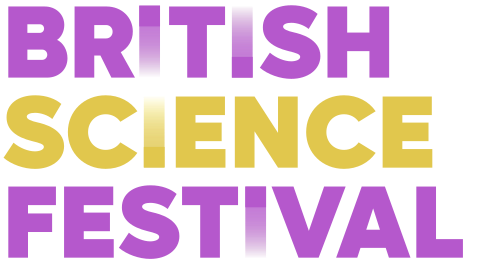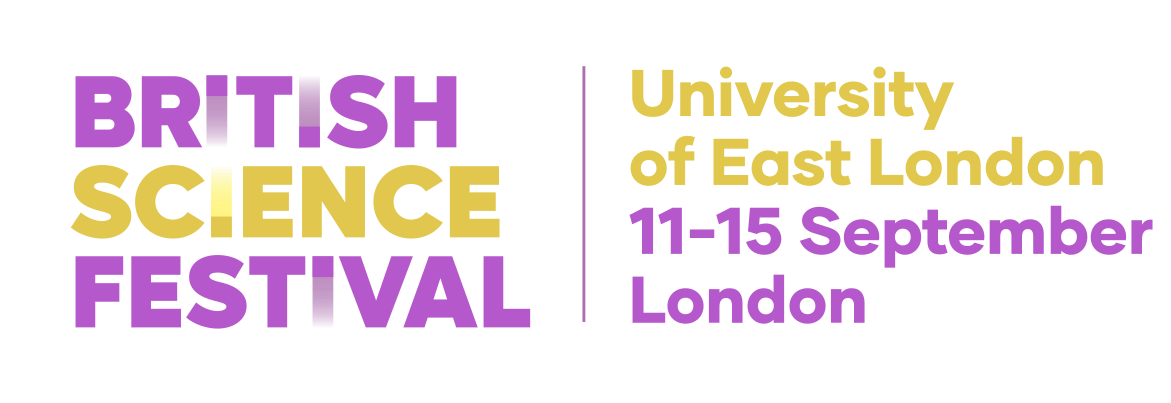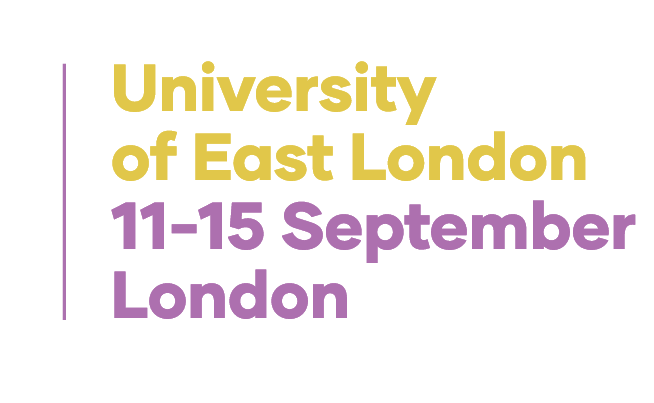On the 7th September this year we opened up our photographic darkroom at Positive Light Projects to the general public for the very first time. During the day we gave people the opportunity to play with and explore a range of experimental cameraless photographic processes and techniques including photograms, chemigrams, lumen prints and cyanotypes. The aims of the day were to introduce this space to Exeter, to test out the various pieces of equipment that we have gathered together (and make sure they actually worked!) and to promote the sharing of stories and appreciation of different perspectives through alternative analogue approaches, whilst highlighting the science of the photographic process.
The plan had always been to build a darkroom at Positive Light Projects, but it has taken us a while to get here. It will be three years in January since we got the keys to 184-187 Sidwell Street and started a large renovation project (the building had been empty for about 5 years and needed a lot of work!) to create a safe, warm and accessible community arts hub, artists studios and a photographic darkroom. The first two we got up and running pretty quick by that summer, but the darkroom proved to be more challenging. After a string of failed funding attempts, I was sat with George Barron (who co runs PLP with me) having just heard news of the latest rejection, trying to formulate a new plan when he said ‘can we just built it ourselves with what we have?’. A quick back of a napkin budget later we realised that with the left over building materials from previous projects that we had lying around, various enlargers, sinks, lenses and processing equipment that I had been collecting over the years and by pulling in a few favours we could at least build the space and then figure out the rest later. So we set to work. After a month or so we had a fulling functioning photography darkroom with 13 enlargers callable of printing from 35mm, medium format, 4×5” and even 8×10” (thanks to a generous donation from the Dartmoor based artist Susan Derges) negatives as well as a film processing area, paper and negative drying capabilities and a reference library.
The next challenge was to activate the space and get people in using it. When the opportunity arose to be part of the British Science Festival we jumped at it as at this stage we had no budget for marketing, promotion, staffing or materials (that’s what we had to figure out later!). It was so exciting to see this space, years in the making, to finally be busy and buzzing and the excitement on people’s faces as the images they were creating came to life in the developing trays. Over the course of the day we had a broad and diverse range of people coming in to play. Currently studying students keen to expand their existing skills and experience as well as recently graduated ones missing the comfort and familiarity of the red lights. People from older generations who remembered their granddad’s home darkroom back in the day set up in a small cupboard under the stairs, transported back there by the distinctive smell of the chemicals. Leaders of local community organisations and educational institutions keen to find out about the potential of the space to engage with their students / service users. And members of the general public who had never set foot in a darkroom before keen to see what all the fuss was about. They were not disappointed as there is nothing quite like the magic and spectacle of exposing light to what looks like a blank sheet of paper and then watching as it transforms into a totally unique piece of art in front of your eyes.
We hope that some of you will be glad to know that we have now figured out what to do next! We have an exciting plan in place to fully launch the space – to create a membership scheme and open access use of the enlargers and processing areas, technician support, exhibitions, talks and open days, a number of community focused, socially engaged projects working with locals community organisations and an exciting range of evening, week day and weekend workshops exploring variety of alternative and traditional processes and approaches. We still have plenty of work to do to make this all a reality, but it will happen! Watch this space!



